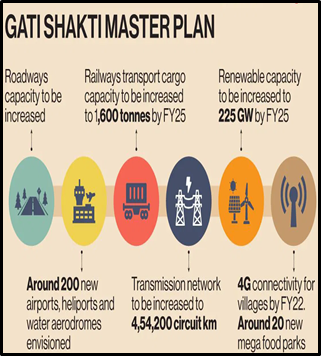COAL INDIA FACES PENALTY FOR NON-SUPPLY ISSUES
Why in the news?
The Indian government mandates penalties for Coal India Ltd. for failing to supply e-auction coal, aiming to enhance business fairness and boost non-regulated sector supplies.
source:lotusrise
Highlights of the Coal India Penalty for Non-Supply of E-Auction Coal:
- New Penalty Mandate:
- Government Directive: Coal India Ltd. (CIL), which handles about 80% of India’s coal production, is now required to pay penalties for failing to supply coal purchased through e-auctions.
- Purpose: This mandate aims to improve ease of doing business and ensure fair practices, especially for the non-regulated sector (NRS).
- Changes and Developments:
- Fuel Supply Agreements (FSAs): CIL has begun online signing of FSAs, including for SHAKTI auctions, which simplifies the process for consumers.
- Increased Supply to Power Sector: In FY24, coal dispatch to the power sector was 64 million tonnes, an 8.78% increase year-on-year.
- NRS Supply: Dispatch to non-regulated sectors (NRS) was 162.96 million tonnes, up 22.32% year-on-year, indicating a growing focus on these industries.
What is PM Gati Shakti?
Expediting Mineral Auctions:
About Coal India Ltd (CIL):
|




